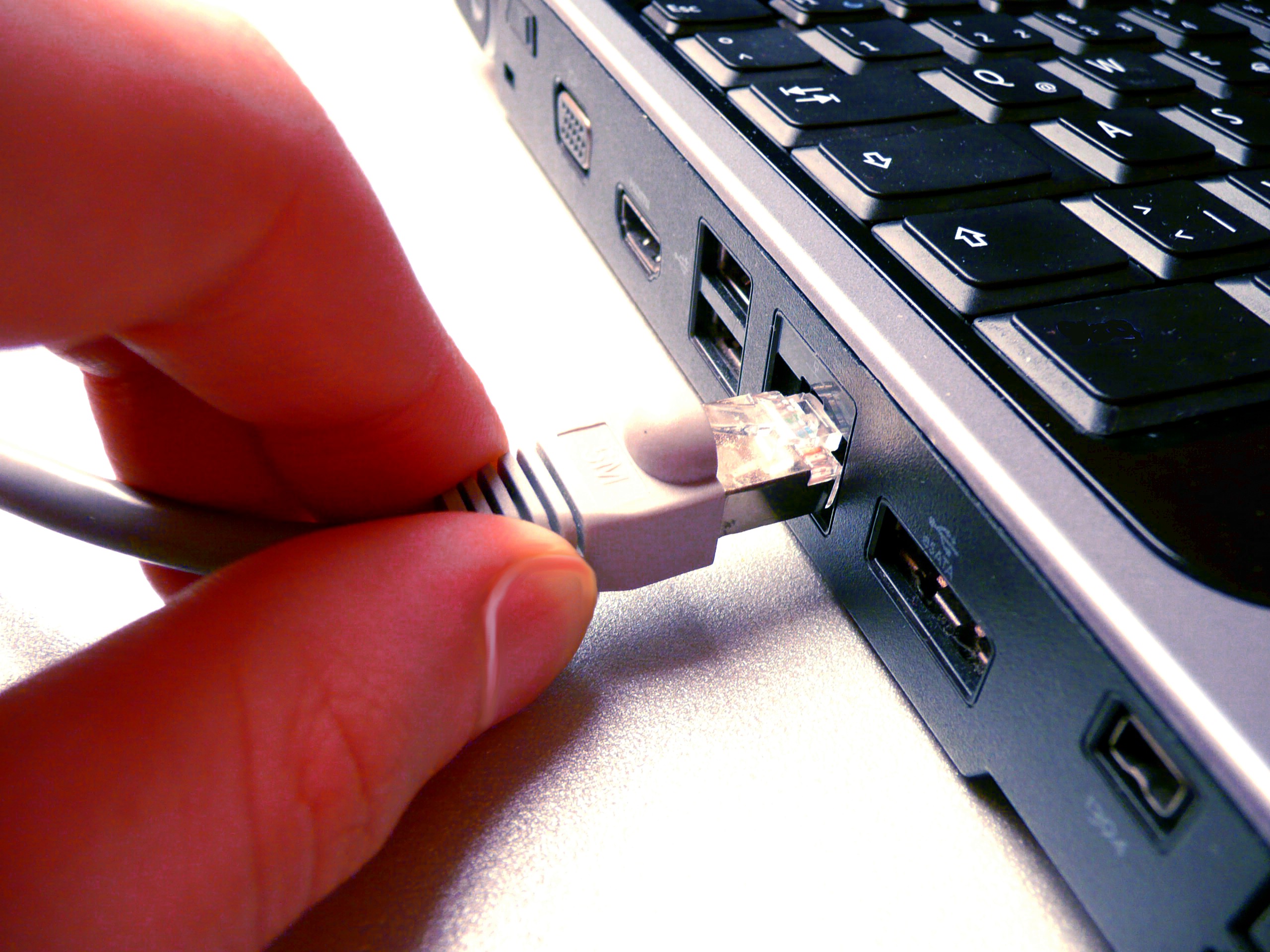The study drawn up for Facebook analyses data from 120 countries over a ten-year period. The findings lead to understanding of how the web space can change with growing number of Internet users in developing countries. The study examines possibility of overcoming obstacles that impede access to Internet. Besides, it studies potential changes in the web environment as a result of increased number of Internet users in developing countries.
Despite the ongoing digital revolution, growing number of new Internet users, the biggest part of which falls on people in developing countries, has slowed in recent years. Since 2013, the growth rates is counted in single digits. As a result, 4.1 billion people have no access to the modern economy, although they could bring an additional income of more than $ 6 trillion, if involved in its development.
According to a report "Connecting the World", ubiquitous access to the Internet on a global level will be achieved when five Internet users in developing countries account for one internet user from advanced economies. For comparison, currently the ratio is two to one.
Connectivity to online resources all over the world in the next five years can bring to developing countries and businesses huge benefits. Among them are improved socio-economic conditions for more than $ 4 billion people; global GDP of $ 6.7 trillion; growth opportunities for telecom operators, estimated at $ 400 billion; business opportunities for content providers, estimated at $ 200 billion.
Progress in this direction has been slowed by various obstacles, including cost of internet coverage, speeds and capacity of existing infrastructure, as well as need to create a new infrastructure where it does not exist yet. According to the research, if retail prices for Web access fall by almost 70%, then 80% of the population will be able to afford the internet.
Innovative, revolutionary technology is necessary to reach the most remote corners of the world. "If we want to send the full power of the Internet for economic development and poverty reduction, we need to find new approaches to organization of activities on the network connection, content and retail markets", - said Andrew Bocking, director of Internet.org division at Facebook.
source: globenewswire.com
Despite the ongoing digital revolution, growing number of new Internet users, the biggest part of which falls on people in developing countries, has slowed in recent years. Since 2013, the growth rates is counted in single digits. As a result, 4.1 billion people have no access to the modern economy, although they could bring an additional income of more than $ 6 trillion, if involved in its development.
According to a report "Connecting the World", ubiquitous access to the Internet on a global level will be achieved when five Internet users in developing countries account for one internet user from advanced economies. For comparison, currently the ratio is two to one.
Connectivity to online resources all over the world in the next five years can bring to developing countries and businesses huge benefits. Among them are improved socio-economic conditions for more than $ 4 billion people; global GDP of $ 6.7 trillion; growth opportunities for telecom operators, estimated at $ 400 billion; business opportunities for content providers, estimated at $ 200 billion.
Progress in this direction has been slowed by various obstacles, including cost of internet coverage, speeds and capacity of existing infrastructure, as well as need to create a new infrastructure where it does not exist yet. According to the research, if retail prices for Web access fall by almost 70%, then 80% of the population will be able to afford the internet.
Innovative, revolutionary technology is necessary to reach the most remote corners of the world. "If we want to send the full power of the Internet for economic development and poverty reduction, we need to find new approaches to organization of activities on the network connection, content and retail markets", - said Andrew Bocking, director of Internet.org division at Facebook.
source: globenewswire.com






